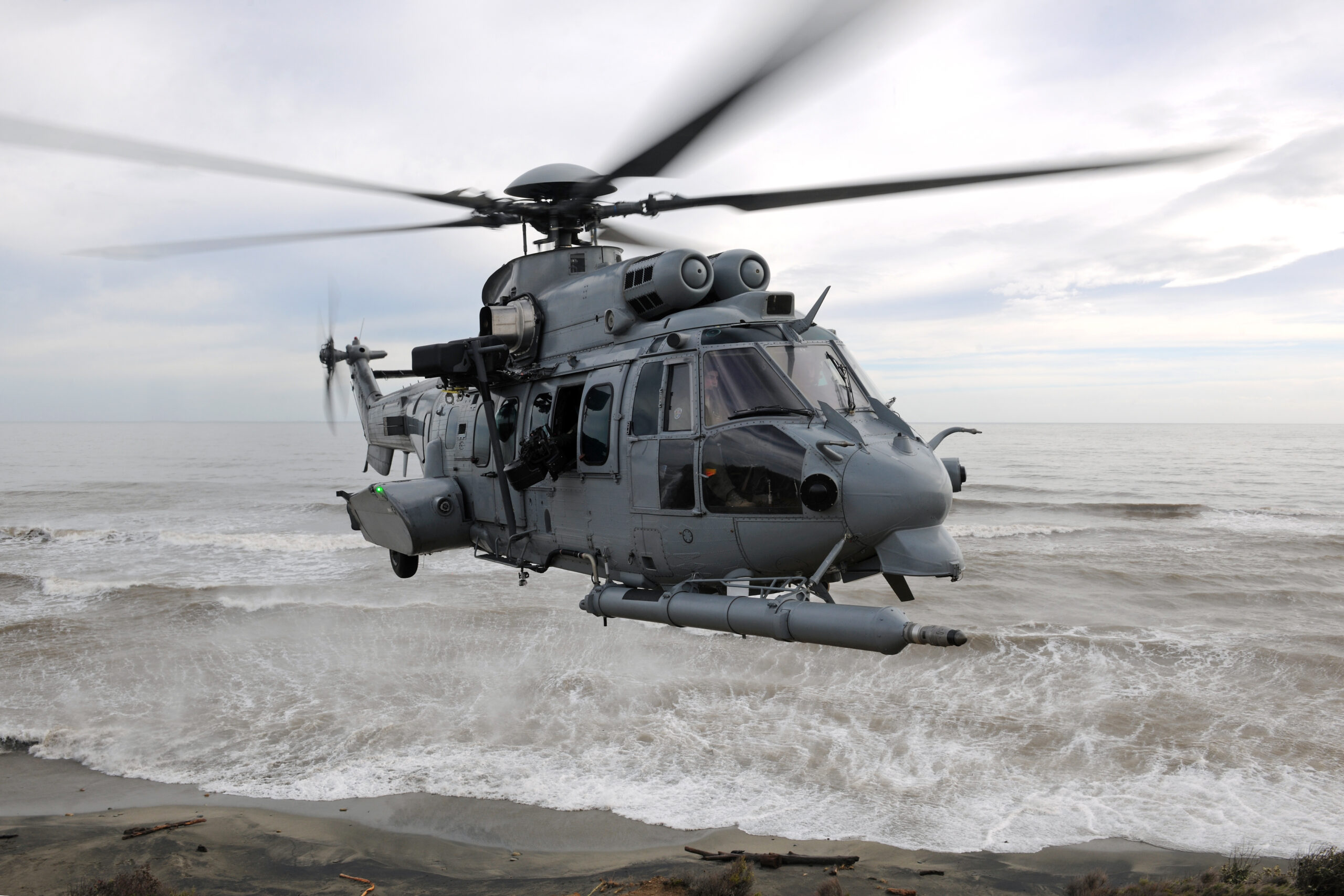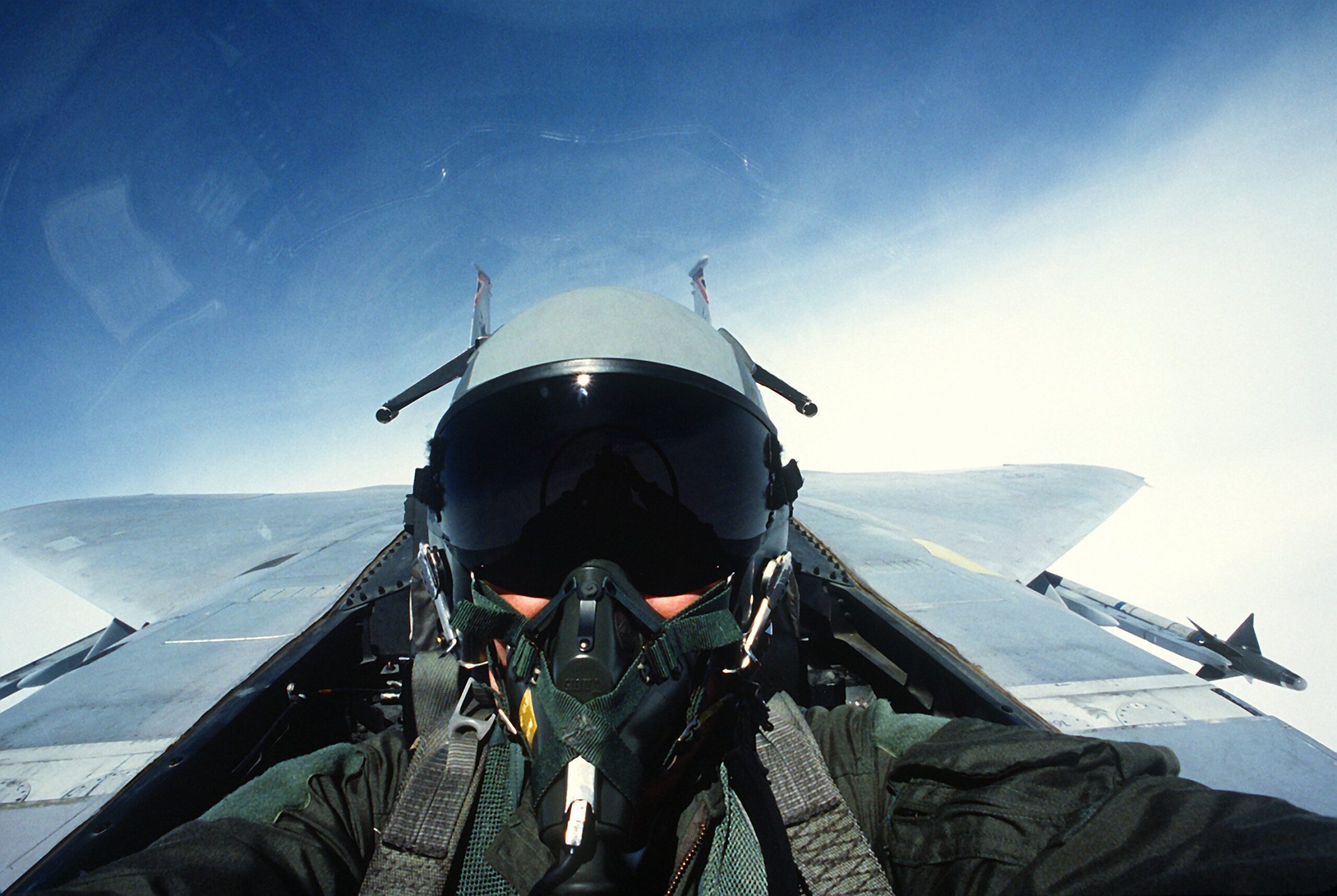The Airbus H225M Caracal helicopters, set to be phased in from 2030, will replace the Cougar transport helicopters used by the Defence Helicopter Command (Defensie Helikopter Commando). Airbus’ versatile aircraft will be used in high risk operations by the Commando Corps (KCT) and the Netherlands Maritime Special Operations Forces (NL MARSOF), and can be deployed for various tasks, including transporting combat units, search and rescue operations, and medical evacuations of special operations forces.
Strengthen relationships
The newly signed R&T contract between NLR and Airbus Helicopters aims to improve the maintenance programme of Airbus helicopters in use by the Dutch Armed Forces and to optimise the retirement times of life-limited components.
The contract signing took place during a trade mission to Toulouse (France) on 1 October 2025, attended by their Majesties King Willem-Alexander and Queen Máxima of the Netherlands, in support of various civil and military collaborations between the two nations. NLR’s CEO, Tineke van der Veen, joined the trade mission, where she confirmed the contract together with Thomas Hein, Head of Europe Region at Airbus Helicopters, and Jan Christiaan Dicke, commissioner of CMP.
According to Tineke van der Veen, “This project as a result of our agreement will strengthen not only the relationship between Airbus Helicopters and NLR, but it will also contribute to a solid relationship between the Dutch Armed Forces, NLR and the Dutch defence industry. Eventually, this also helps to build a more autonomous and resilient Europe.”
Industrial Participation
The collaboration is a result of the Dutch Industrial Participation (IP) policy, which aims to strengthen the national defence technological and industrial base (NL DTIB) by stimulating sustainable cooperation between Original Equipment Manufacturers (OEMs) and the NL DTIB.
The IP policy benefits all parties involved, as suppliers can take advantage of high-technology and innovative solutions developed and produced by Dutch industry and knowledge institutions. In return, these institutions gain access to global supply chains, adding value at an international level. The Dutch Ministry of Defence will also have the necessary knowledge, expertise, and industrial capabilities to protect national security interests.

(credits header photo: Dutch Ministry of Defence)



